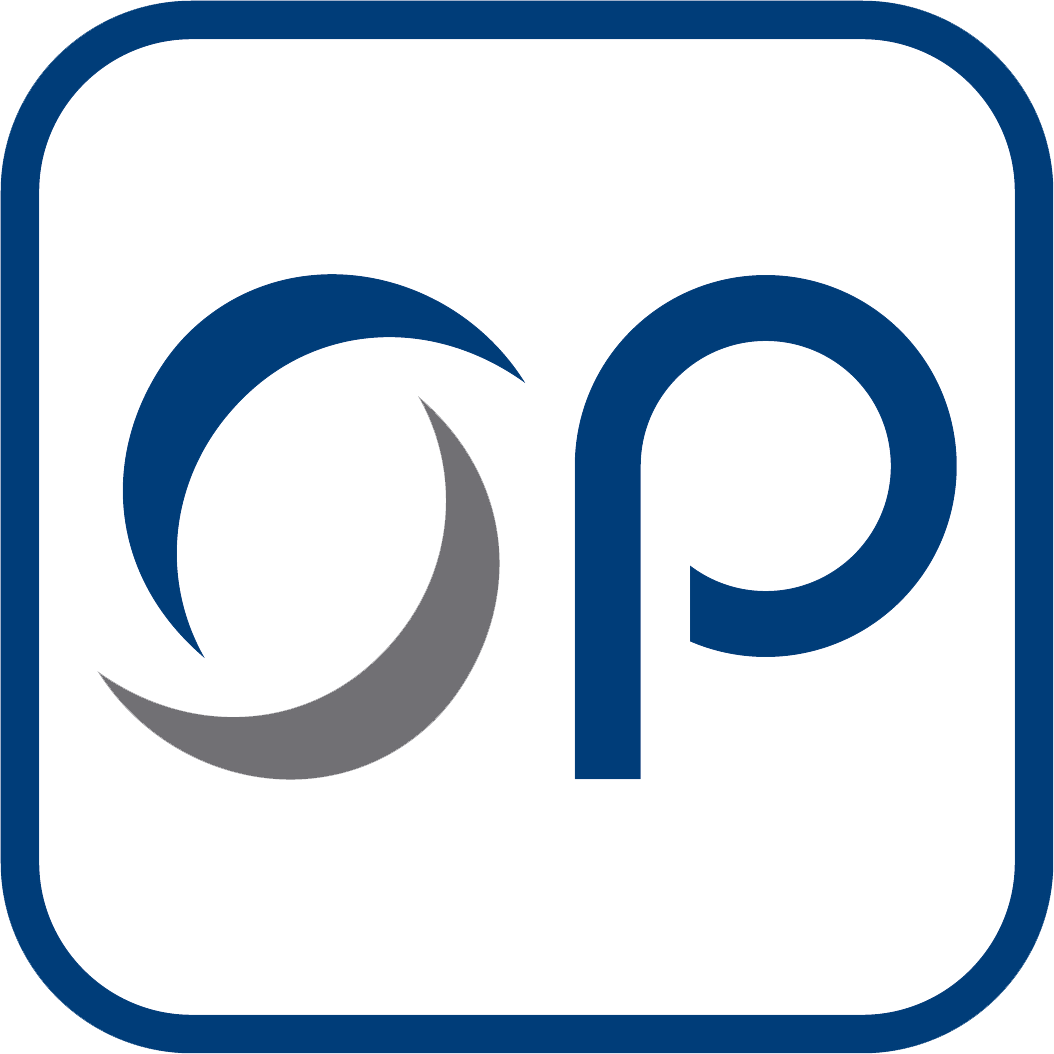DEI Sourcing Tips: Neurodivergent Employees
Written by: Katie Picchiotti
Neurodivergent Employees
In today’s working world, it is imperative to have a diverse, equitable, and inclusive environment for all employees. While we have discussed sourcing for underrepresented groups, including BIPOC (Black, Indigenous, and People of Color) and LGBTQ individuals in the past, this article will cover an additional group: neurodivergent employees. Since about 20% of people are neurodivergent, it is likely you know someone who is!
A Brief Definition and History
The term neurodivergent has gained popularity in the past decade as more people identify with the label and understand what it means. The definition of neurodivergent, according to Google, is a “differing in mental or neurological function from what is considered typical or normal.” Consequently, the term for people who do not fall in this category are considered neurotypical. As DEI has grown across businesses and institutions, people have come to proudly recognize their differences and what makes them valued in the workplace – neurodivergent employees are representing the added insight to teams and company culture.
Not All Minds Think Alike
Neurodivergence has generally been associated with ASD (Autism Spectrum Disorder) – but it acts as an umbrella to encompass the diversity of the brain and human cognition. Some examples include acronyms and conditions you may have already heard of, such as ADHD, OCD, dyslexia, and many more. Below, you will find a helpful image that details several more areas that neurodivergence covers.
Sourcing for Neurodivergent Employees
As with all underrepresented groups, it is important to remember that when sourcing, we consider who is most qualified for a role, rather than selecting a neurodivergent individual simply because they are neurodivergent. Rather, these tips can help broaden your pool of prospects, and help you gain knowledge about a great community of people.
Some keywords and phrases commonly used among neurodiverse folks are:
Ableism
Accessibility
ADD / Attention Deficit Disorder
ADHD / Attention Deficit Hyperactivity Disorder
Advocate / Advocacy
Allistic – someone who is not Autistic
Anxiety
ASD – Autism Spectrum Disorder
Autism
Autistic
BPD / Bipolar Disorder / Borderline Personality Disorder
Depression
Differbility/Diffability – the combination of the words “different” and “ability”
Dyslexia / Dyslexic
ND / neurodivergent
Neurodiversity / Neurodiverse / Neurodivergent / Neurovariance
NT / neurotypical
OCD / Obsessive Compulsive Disorder
Tourettes / Tics
*IMPORTANT* It is imperative to note that these terms:
Are not comprehensive
Can result in companies with these acronyms or titles (for example: Autistic Self Advocacy Network)
Are likely to be made in posts or in headings
Not all people who may use these labels may be open about it, or may not identify with neurodivergence at all.
This list is meant to improve searches related to neurodivergent communities, where there are likely to be folks more explicit about any possible diagnoses. To get a list of even more specific terms, this is a good website to check out.




